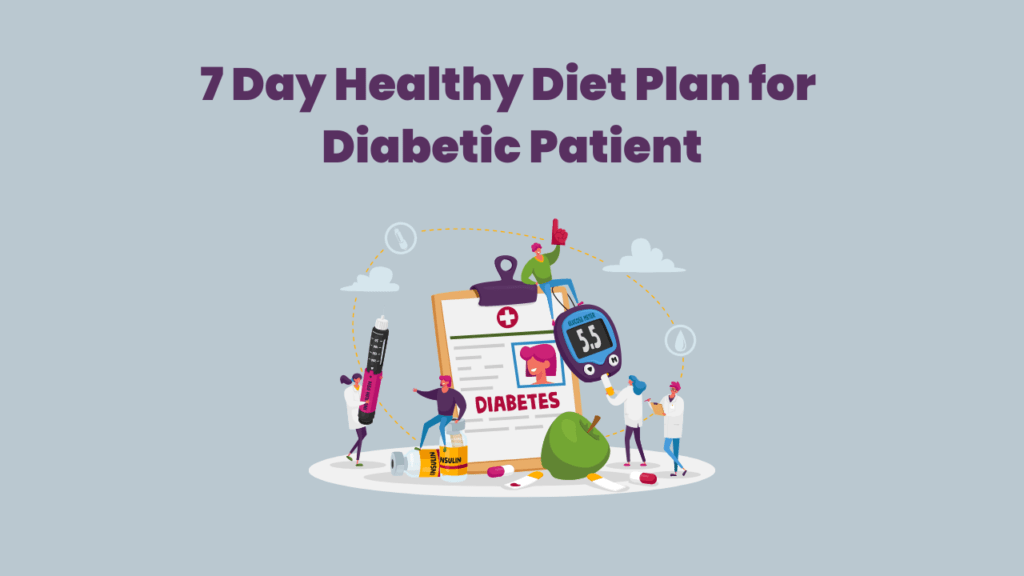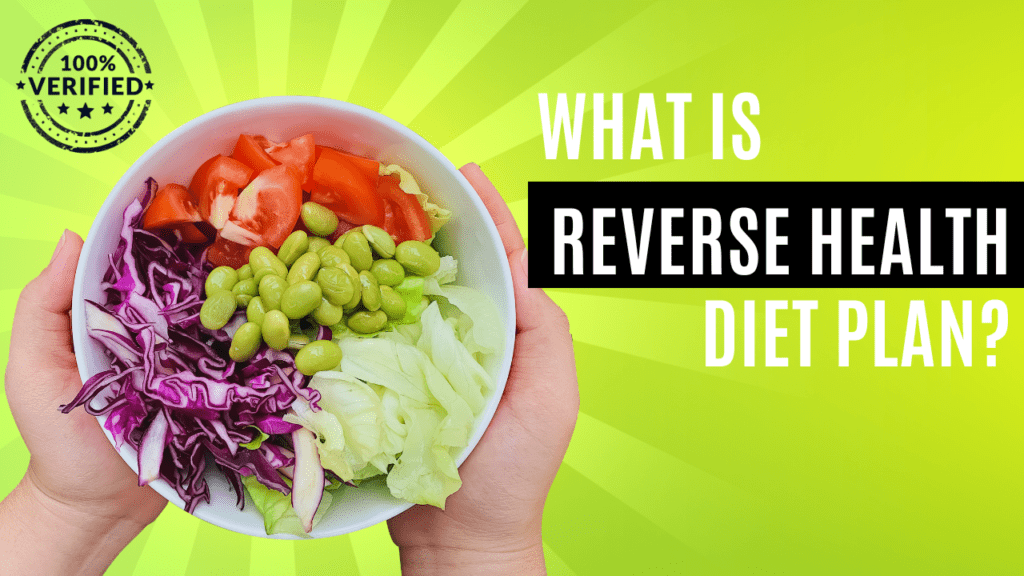When it comes to ensuring a healthy gut, selecting the right diet is essential. By concentrating on particular foods and meal plans, you can greatly impact your intestinal health. Whether it’s incorporating fiber-rich options, exploring probiotic sources, or considering specialized diets like low FODMAP and gluten-free, the choices you make can influence your overall well-being.
But what exactly makes these diet plans effective for your gut, and how can they help you achieve best intestinal function? Let’s explore the science behind these recommendations and uncover the most effective strategies for promoting a flourishing gut environment.

Fiber-Rich Diet
Including a variety of fiber-rich foods in your daily diet can greatly benefit your intestinal health by promoting regular bowel movements and supporting a healthy gut microbiome. Fiber acts as a prebiotic, nourishing the good bacteria in your gut and aiding digestion. Some excellent sources of fiber include fruits like apples, pears, and berries, as well as vegetables like broccoli, Brussels sprouts, and carrots. Whole grains such as oats, quinoa, and brown rice are also rich in fiber.
Probiotic-Rich Foods
Incorporating probiotic-rich foods into your diet can play a key role in maintaining a healthy balance of gut bacteria and supporting peak intestinal function. Foods like yogurt, kefir, sauerkraut, kimchi, and tempeh are excellent sources of probiotics. These foods contain live beneficial bacteria that can help improve digestion, boost the immune system, and reduce inflammation in the gut.
Probiotics work by replenishing the good bacteria in your intestines, which can be depleted due to factors like stress, illness, or the use of antibiotics. Including a variety of probiotic-rich foods in your daily meals can contribute to a healthier gut microbiome, leading to better overall intestinal health.
Low FODMAP Diet
When following a low FODMAP diet, it’s important to be aware of FODMAP foods to avoid, such as certain fruits, vegetables, and grains that can trigger digestive discomfort. Instead, focus on FODMAP-friendly options like rice, potatoes, and carrots to help manage your symptoms effectively.
FODMAP Foods to Avoid
Avoiding high-FODMAP foods is essential when following a low FODMAP diet to manage symptoms related to intestinal health. FODMAPs are short-chain carbohydrates that can trigger digestive issues in sensitive individuals. Common high-FODMAP foods to avoid include certain fruits like apples, pears, and watermelon, as well as dairy products such as milk and soft cheeses.
Vegetables like onions, garlic, and cauliflower are also high in FODMAPs and should be limited. Processed foods containing high-fructose corn syrup, wheat-based products, and certain legumes like chickpeas and lentils can exacerbate symptoms. It’s important to read food labels carefully and be mindful of hidden sources of FODMAPs to effectively follow a low FODMAP diet and alleviate gastrointestinal discomfort.
FODMAP-Friendly Options
Opt for FODMAP-friendly alternatives to effectively adhere to a low FODMAP diet and support your intestinal health. When following a low FODMAP diet, choosing the right foods is essential to minimize digestive discomfort. Below is a table outlining some FODMAP-friendly options that you can incorporate into your diet:
| Category | FODMAP-Friendly Options |
|---|---|
| Fruits | Banana, Blueberries, Grapes |
| Vegetables | Carrots, Bell Peppers, Zucchini |
| Proteins | Chicken, Turkey, Eggs |
| Grains | Quinoa, Oats, Rice |
These options are generally well-tolerated and can help you maintain a balanced and nutritious diet while managing your FODMAP intake. Remember to consult with a healthcare provider or a dietitian for personalized guidance.
Managing FODMAP Challenges
To effectively manage FODMAP challenges and adhere to a low FODMAP diet, focus on incorporating FODMAP-friendly food alternatives into your daily meals. Start by choosing low FODMAP fruits like strawberries, blueberries, and oranges. Opt for vegetables such as carrots, spinach, and bell peppers. When selecting grains, go for quinoa, rice, oats, and gluten-free options. Lean proteins like chicken, turkey, and tofu are excellent choices.
Additionally, incorporate lactose-free dairy products or plant-based alternatives like almond milk. Be mindful of high FODMAP foods such as garlic, onions, wheat products, and certain legumes. Keeping a food diary can help identify trigger foods and monitor symptoms. Consult a healthcare provider or dietitian for personalized guidance on managing FODMAP challenges effectively.
Gluten-Free Diet
Switching to a gluten-free diet can be beneficial for individuals with gluten sensitivity or celiac disease, as it involves avoiding foods containing wheat, barley, and rye. Gluten can trigger inflammation and digestive issues in susceptible individuals. By eliminating gluten from your diet, you may experience relief from symptoms like bloating, diarrhea, and abdominal pain. Opt for naturally gluten-free foods such as fruits, vegetables, lean proteins, dairy, and gluten-free grains like quinoa or rice.
Remember to check labels for hidden sources of gluten in processed foods. Consult a dietitian to confirm you meet your nutritional needs while following a gluten-free diet. Making informed choices can help you manage your condition effectively and improve your intestinal health.

Mediterranean Diet
Consider adopting a Mediterranean diet to promote intestinal health and overall well-being. This diet emphasizes whole foods such as fruits, vegetables, whole grains, legumes, nuts, and olive oil. It’s rich in fiber, antioxidants, and healthy fats, which can support a diverse and balanced gut microbiome.
The Mediterranean diet also includes moderate amounts of fish, poultry, and dairy, providing essential nutrients like omega-3 fatty acids and probiotics. Red meat and processed foods are limited in this diet, reducing intake of potentially harmful substances. Research suggests that following a Mediterranean diet may help reduce inflammation in the gut, improve digestion, and support overall gut health. Incorporating this eating pattern can be a delicious and beneficial choice for your intestinal well-being.
Plant-Based Diet
Choosing a plant-based diet can greatly enhance your fiber intake, promoting healthy digestion. Such choices are known to enhance the diversity of your gut microbiome, which plays an essential role in your overall intestinal health. Incorporating fiber-rich plant foods into your meals can be a practical way to support your gut health and overall well-being.
Fiber-Rich Choices
Incorporate more fiber-rich plant-based foods into your diet to promote intestinal health and overall well-being. Fiber is essential for maintaining a healthy digestive system by promoting regular bowel movements and supporting beneficial gut bacteria. Opt for whole grains like quinoa, brown rice, and oats, as well as legumes such as lentils, chickpeas, and black beans.
Fruits like berries, apples, and pears, along with vegetables like broccoli, Brussels sprouts, and sweet potatoes, are excellent sources of fiber. These foods not only aid in digestion but also help you feel full and satisfied. Aim to gradually increase your fiber intake to prevent bloating or discomfort, and remember to drink plenty of water to support fiber’s beneficial effects on your gut health.
Gut Microbiome Benefits
To support a healthy gut microbiome, focus on incorporating a variety of plant-based foods rich in fiber and nutrients into your diet. Plant-based diets have been shown to positively impact the gut microbiome by promoting the growth of beneficial bacteria. Foods like fruits, vegetables, whole grains, legumes, nuts, and seeds are excellent choices. These foods are high in fiber, which acts as fuel for the good bacteria in your gut, helping them thrive and maintain a balanced microbiome. Additionally, plant-based diets are rich in essential nutrients like vitamins, minerals, and antioxidants, which further support gut health.
Bone Broth Diet
For those looking to boost their intestinal health, consider incorporating the bone broth diet as a key component of your meal plan. Bone broth is rich in nutrients that are beneficial for gut health, such as collagen, gelatin, and amino acids.
Here are some reasons why the bone broth diet can be advantageous:
- Helps repair the intestinal lining.
- Supports the growth of beneficial gut bacteria.
- Reduces inflammation in the gut.
- Aids in digestion and nutrient absorption.
Gut-Healing Protocol
Consider implementing a gut-healing plan to promote ideal intestinal health and address any digestive issues you may be experiencing. Start by eliminating inflammatory foods like processed sugars and refined grains from your diet. Incorporate gut-friendly foods such as fermented vegetables, kefir, and bone broth to support a healthy microbiome.
Consider adding supplements like probiotics and digestive enzymes to aid in digestion and promote gut healing. Reduce stress levels through mindfulness practices like yoga or meditation, as stress can negatively impact gut health. Make sure you’re getting adequate sleep as it plays a vital role in gut repair. Stay hydrated and maintain regular physical activity to support overall digestive wellness.
Consulting a healthcare provider can help tailor a gut-healing plan to your specific needs.
Conclusion
Incorporating a variety of fiber-rich, probiotic-rich, and whole food options into your diet can support ideal intestinal health. Consider following a low FODMAP or gluten-free diet if needed, and adopting a Mediterranean or plant-based approach for further benefits.
Consulting a healthcare provider for personalized advice and guidance can help tailor a diet plan that suits your individual needs and promotes excellent intestinal function. Prioritizing gut health through dietary choices is a key component of overall well-being.

